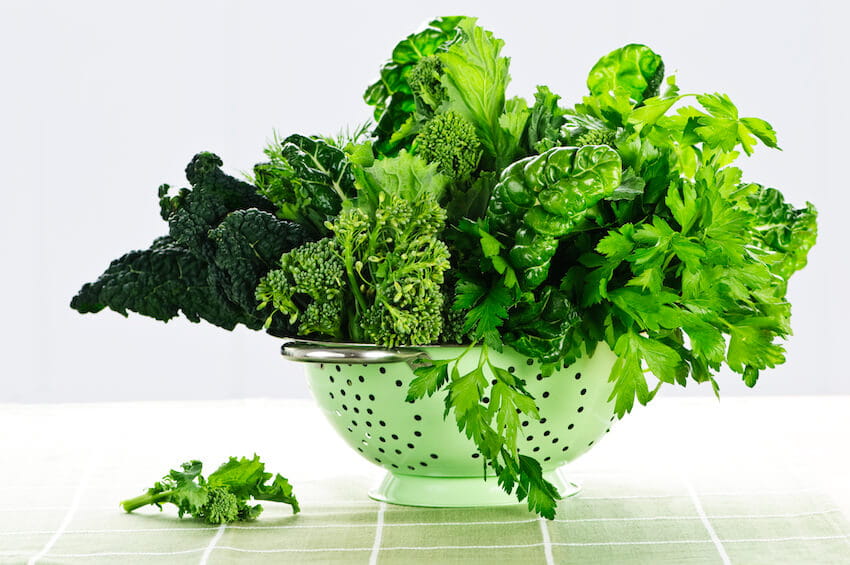Seven ways to control your colorectal cancer risk

Everyone has some risk for colorectal cancer, but some people have a higher risk than others. What can you do to help protect yourself against colorectal cancer? The best way is to control as many risk factors as you can, and have regular screenings beginning at age 45 or earlier if you are at high risk.
"You don't have to wait until you're diagnosed with colorectal cancer to take control of your risk factors," explains Pallavi Rastogi, MD, oncologist at the Cancer Center of Paoli Hospital. "Simple changes to your lifestyle and an open dialogue with your doctor about your risk are important parts of prevention."
Dr. Rastogi offers some steps you can take to control your colorectal cancer risk.
1. Pay attention to diet and weight
A balanced diet of vegetables, fruits and whole grains can help decrease your cancer risk. Limit red meats like beef, pork and lamb and processed meats like hot dogs, sausage and lunch meats. Being overweight or obese increases your risk, so staying at a healthy weight is important. A primarily plant-based diet like the Mediterranean diet can help you manage your weight and lower your risk for colorectal cancer.
2. Get more calcium and vitamin D
Several studies have found that a combination of calcium and vitamin D may help protect against colorectal cancer, so stock your kitchen with calcium-rich foods like milk, salmon, kale and collard greens. Time spent outdoors is an excellent source of vitamin D, but you can also find it in foods like salmon, sardines and egg yolks.
3. Limit alcohol intake, and quit smoking
Smoking and alcohol use can both raise your risk for colorectal cancer. Quitting smoking and limiting alcohol to one drink per day for women and two for men (or less) can help lower your risk.
4. Get moving
Getting at least 150 minutes of exercise each week can reduce your risk for colorectal cancer. Aim for a moderate to intense rate of exercise to reap the most benefits, but any time you spend on the move will help. Limit the amount of time you spend sitting.
"Not only does exercise help control your weight, which can decrease cancer risk, but it also improves your immune system and causes stool to pass through your body more quickly," explains Dr. Rastogi. "All of these benefits combined can reduce your colorectal cancer risk."
5. Schedule a screening
Colonoscopy is your best defense against colorectal cancer. Not only can it detect cancer early when it's most treatable, it can eliminate precancerous polyps before they turn into cancer. Talk to your doctor about your risk for colorectal cancer and what age you should begin screenings. The American Cancer Society now recommends that men and women at moderate risk begin screenings at age 45.
6. Consider genetic counseling
Colorectal cancer can run in families. If you have a family history of colorectal polyps or cancer, you may want to consider consultation with a genetic counselor in the Genetics and Risk Assessment program. Genetic counselors can provide guidance on genetic testing as well as screening and prevention.
7. Discuss hormone therapy with your doctor
Some studies have suggested that women who undergo hormone therapy may be at an increased risk for cancer, but there has been no conclusive evidence of this yet. Menopausal women who are at an increased risk for colorectal cancer and are considering hormone therapy should talk to their doctor about potential risks.
Next steps:
Learn more about oncologist Pallavi Rastogi, MD
Learn more about colorectal cancer care at Main Line Health
How to recognize the silent symptoms of colorectal cancer
 Content you want, delivered to your inbox
Content you want, delivered to your inbox
Want to get the latest health and wellness articles delivered right to your inbox?
Subscribe to the Well Ahead Newsletter.
